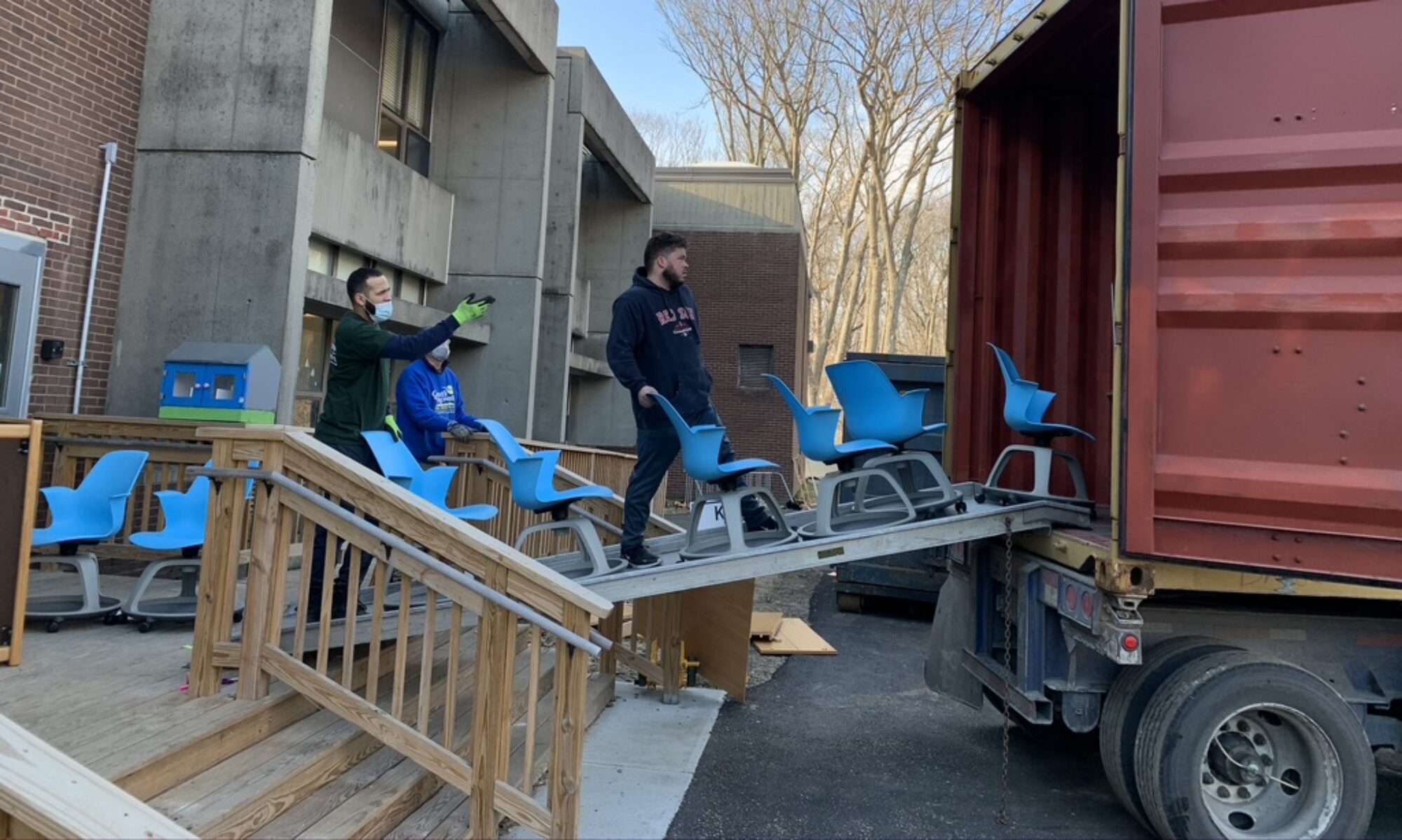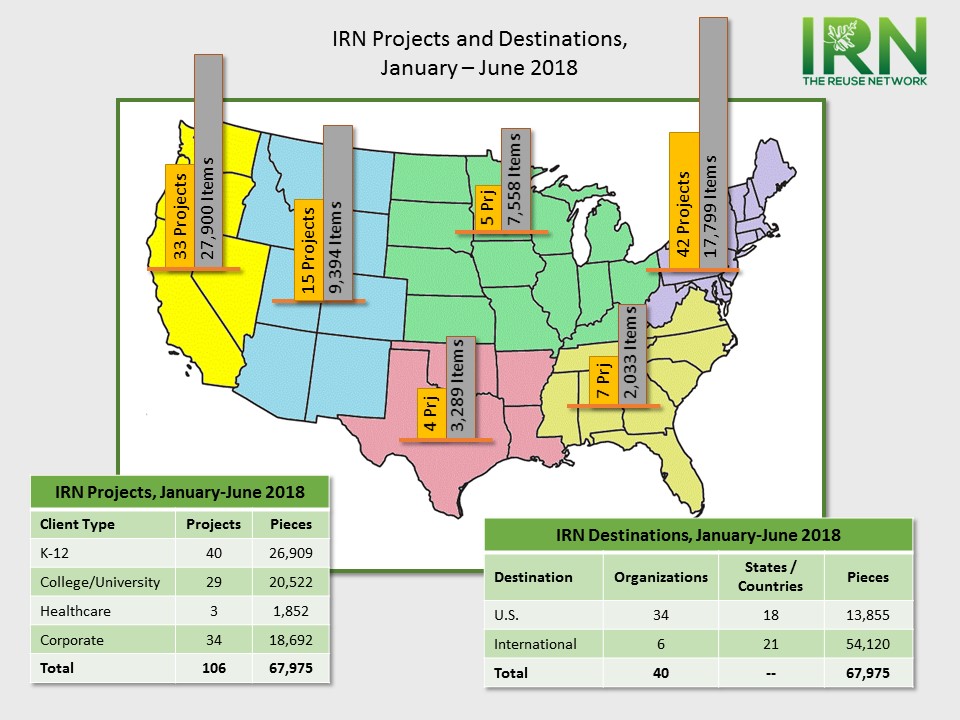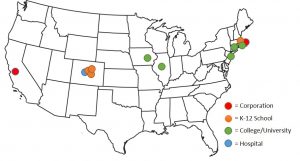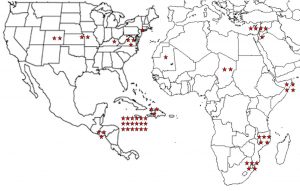This isn’t really about Pepsico. They’re just a nucleus around which to wrap a question, one I think about almost every day: If a product doesn’t contribute to the sustainability of our species or culture, is there any meaning to making the product “sustainably”?
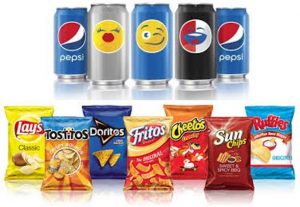 Oct. 17, 2016 — PepsiCo, Inc. today announced an ambitious global sustainability agenda designed to foster business growth in a way that … creat(es) a healthier relationship between people and food, … contribute(s) to a more sustainable global food system and help(s) make local communities more prosperous.
Oct. 17, 2016 — PepsiCo, Inc. today announced an ambitious global sustainability agenda designed to foster business growth in a way that … creat(es) a healthier relationship between people and food, … contribute(s) to a more sustainable global food system and help(s) make local communities more prosperous.
Here is what Pepsico makes and sells, the “flagship” products that make them “uniquely Pepsico”.
Soft drinks, more than $35Billion a year: Pepsi, Diet Pepsi, Mountain Dew, Diet Mountain Dew, Mist Twst, Pepsi Zero Sugar. Other beverages, $15Billion: Gatorade, Tropicana, Aquafina. Convenience food, about $25Billion: Lays, Doritos, Cheetos, Ruffles, Tostitos, Fritos.
Not long ago I attended a talk by Pepsico’s global head of sustainability. She was an accomplished professional with a huge resume. She talked about Pepsico’s many environmental initiatives in energy and water use, their efforts to promote recycling, use of lightweight packaging, and more. She was a knowledgeable and engaging speaker.
But…
Here’s nutrition information for those flagship products:
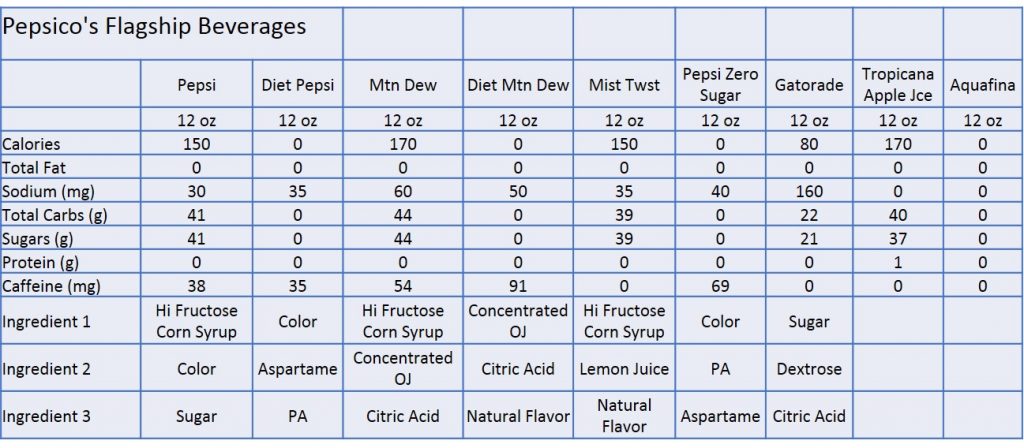

Sugar, chemical sweeteners, fat, salt, caffeine. Those are what define Pepsico products. They are all bad for us. They contribute to heart disease, high blood pressure, heart attack, sleep disorders, obesity, diabetes. They are all, to a greater or lesser extent, addictive.
Which is to say, with very few exceptions, Pepsico’s contribution to “a healthier relationship between people and food” consists of selling us food and drink that not only do us no good, but are demonstrably bad for us, and are addictive into the bargain. A huge step we could all take toward “a healthier relationship between people and food” would be never to eat or drink a Pepsico product again.
That fact didn’t come up in the talk I heard.
It’s also hard to miss the fact that Pepsico’s flagship products are sold in single-serve disposable packages. I’ve eaten lots of Doritos, and I don’t remember ever having the opportunity to recycle the bag. Not once. I’ve gone on my share of road trips, and I don’t remember having the opportunity to recycle a Pepsi bottle or can at a gas station or convenience store. I appreciate the fact that plastics are lightweight packaging, and that Pepsi’s beverage containers are recyclable where recycling programs exist. But the most effective way to get plastic bottles and aluminum cans out of the trash and roadside litter and into recycling bins is the bottle bill, and Pepsico is unwavering in its opposition to any and every bottle bill.
That fact didn’t come up in the talk I heard.
How can Pepsico say they want to “help make local communities more prosperous” when their products contribute to serious health problems and huge healthcare costs? What is Pepsico’s true message when their products are sold in packaging that pollutes the environment, and they oppose the most effective means to change that situation? What’s the point of promoting their commitment to energy conservation when they’re content to see millions of plastic bottles and bags – pure, highly refined petroleum – dumped onto landfills and roadsides?
These questions didn’t come up in the talk I heard.
Of course, it’s not just Pepsico, not just Mountain Dew and Doritos. It’s thousands of companies and tens of thousands of products that we eat, drink, and use every day. Our economic system is based on consumption, and our culture embodies that system through and through. Sustainability means making thoughtful and informed choices about what we eat, drink, and use to support our daily lives. Unfortunately, many if not most of those choices would tend to put large, powerful corporations out of business. They will fight to keep that from happening. They have to. They owe that fight to their shareholders.
So they’ll keep pushing products we don’t need, foods that make us sick, “must-have” colors and styles, “new” shades of lipstick and scents of cologne, and they’ll keep working to convince us to buy the latest iPhone and high-def TV. And they’ll put a gloss of “Sustainability” over them, reducing energy and water use and hyping “zero waste” factories.
But in the end, you can’t be serious about Sustainability if the foundation of your business consists of products that people don’t need or don’t need more of, that make people sick, that are packaged and promoted in ways that damage the environment. You just can’t.
So yes, reduce energy and water use, reduce factory waste, put up solar panels. Call it being more efficient. Call it being economical. Call it common sense. Just don’t call it being Sustainable. Because it’s not.
 From all of us at IRN, we hope you’re enjoying a safe, healthy, and fun summer. Northern New England is at its most beautiful, our hills clothed in fresh green under a bright blue sky, a profusion of flowers and colors in every garden.
From all of us at IRN, we hope you’re enjoying a safe, healthy, and fun summer. Northern New England is at its most beautiful, our hills clothed in fresh green under a bright blue sky, a profusion of flowers and colors in every garden.